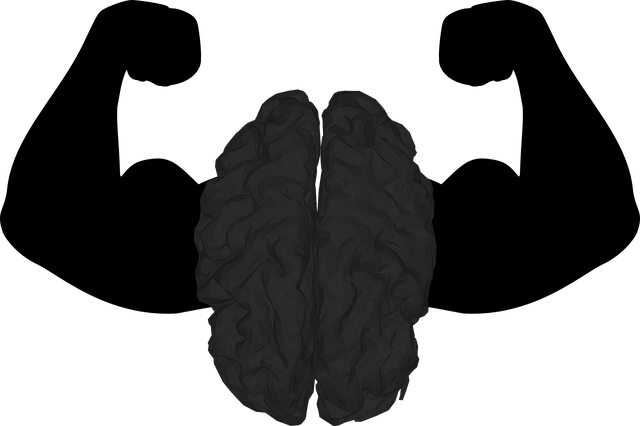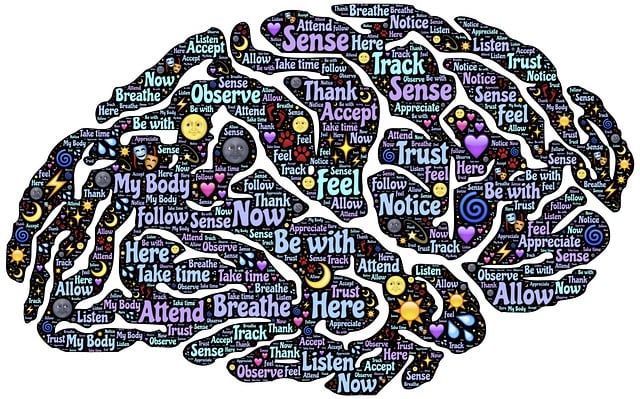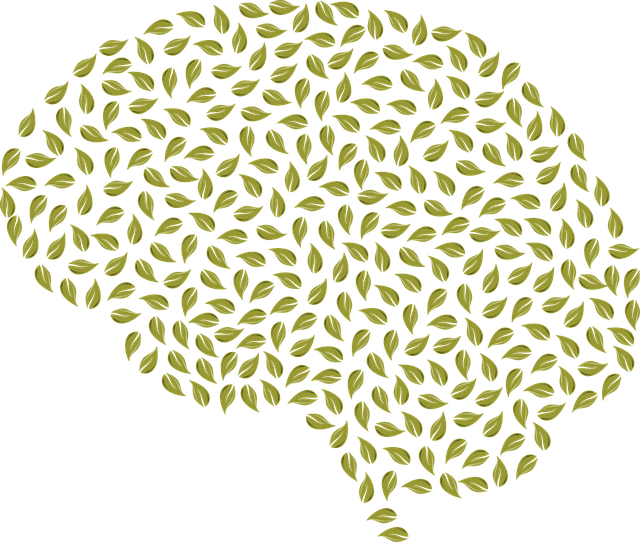Mental health advocacy groups are crucial in supporting young adults facing unique challenges like academic stress, social media influence, and identity formation, which contribute to high rates of mental health issues. Their initiatives focus on destigmatizing mental health, promoting self-awareness, and ensuring accessible therapy for young adults. By integrating bariatric evaluations, these groups uncover co-occurring disorders related to weight management, offering tailored therapeutic support through comprehensive risk assessments. This holistic approach not only benefits individual well-being but also advances mental health policy, leading to stronger community support systems.
Mental health advocacy initiatives play a pivotal role in fostering well-being among young adults. This article explores key components of effective mental health support, focusing on therapy tailored for this demographic, breaking barriers and improving access. We delve into the significance of bariatric evaluations in addressing co-occurring disorders, while emphasizing community education as a vital tool. Through success stories, we highlight the profound impact of advocacy, underscoring the transformative power of comprehensive mental healthcare solutions, including therapy for young adults and bariatric evaluations.
- Understanding Mental Health Advocacy: The Role in Young Adult Well-being
- Therapy for Young Adults: Breaking Barriers and Accessing Support
- Bariatric Evaluations: A Comprehensive Approach to Address Co-occurring Disorders
- Building Awareness: Educating Communities on Mental Health Issues
- Success Stories: Real-Life Impact of Advocacy Initiatives
Understanding Mental Health Advocacy: The Role in Young Adult Well-being

Mental health advocacy plays a pivotal role in promoting well-being among young adults. It involves championing for mental health awareness, support systems, and accessible therapy services tailored to this demographic. Young adulthood is a crucial period marked by significant life transitions, academic pressures, and identity formation, which can contribute to heightened stress levels and vulnerability to mental health issues.
Advocacy initiatives focus on breaking down stigma and encouraging open conversations about mental health. This includes promoting self-awareness exercises and emotional intelligence—mind over matter principles that empower young adults to recognize and manage their emotions effectively. By providing resources for therapy for young adults and facilitating access to bariatric evaluations, advocacy groups ensure that this age group receives the necessary support to navigate their mental health challenges successfully.
Therapy for Young Adults: Breaking Barriers and Accessing Support

Accessing therapy specifically tailored for young adults is an essential aspect of mental health advocacy. Many young people face unique challenges and barriers to their well-being, such as academic pressures, social media influence, and identity formation. Therapy offers a safe space for them to explore these issues and develop coping mechanisms. Initiatives focused on breaking down societal stigma and increasing public awareness campaigns play a crucial role in encouraging young adults to seek support without fear of judgment.
Bariatric evaluations, while often associated with physical health, can also be valuable tools in therapy for young adults. They help identify underlying issues like eating disorders or body image dysmorphia, which require specialized care. By combining these evaluations with resilience-building techniques and positive thinking exercises, mental health professionals can empower young individuals to navigate their struggles effectively. This holistic approach ensures that they receive comprehensive support tailored to their needs, fostering a stronger sense of well-being and self-acceptance.
Bariatric Evaluations: A Comprehensive Approach to Address Co-occurring Disorders

Bariatric evaluations offer a comprehensive approach to addressing co-occurring disorders among young adults seeking therapy. By integrating mental health policy analysis and advocacy, these evaluations go beyond weight management to identify and treat concurrent psychological conditions. This holistic strategy is crucial in understanding the complex interplay between physical and mental health, especially in high-risk populations.
Effective bariatric evaluations include a thorough risk assessment for mental health professionals, ensuring that community outreach program implementations are guided by evidence-based practices. Such assessments help tailor interventions to individual needs, fostering better outcomes. This collaborative approach not only enhances the well-being of young adults but also contributes to the advancement of mental health policy advocacy, ultimately shaping more comprehensive support systems.
Building Awareness: Educating Communities on Mental Health Issues

Mental health advocacy initiatives play a pivotal role in educating communities about issues that often remain hidden or misunderstood. Building awareness is a critical step towards destigmatizing mental health concerns, especially among young adults. Through public awareness campaigns and educational programs, communities can gain insights into various aspects of emotional well-being promotion techniques. These efforts help identify early signs of depression prevention, which is crucial for effective treatment, including therapy for young adults.
Additionally, initiatives focused on mental health advocacy often include bariatric evaluations as part of their strategy. By assessing and addressing weight-related issues, these evaluations contribute to overall public health. This multifaceted approach ensures that communities are not only educated but also equipped with tools to support their emotional and physical well-being. Such proactive measures can significantly impact the community’s mental health landscape.
Success Stories: Real-Life Impact of Advocacy Initiatives

Mental health advocacy initiatives have had a profound impact on countless lives, as evidenced by numerous success stories across various communities. One notable example is the increased access to therapy for young adults. Through dedicated campaigns and programs, many adolescents now receive the support they need to navigate the challenges of growing up, including stress management techniques tailored to their age group. This shift has led to improved emotional well-being and reduced rates of mental health disorders among this vulnerable population.
Additionally, advocacy groups have been instrumental in promoting bariatric evaluations as a crucial step in addressing obesity-related mental health issues. By raising awareness and pushing for better integration of these services within the healthcare system, they’ve helped many individuals connect with specialists who can provide comprehensive care, encompassing both physical and psychological aspects. This holistic approach, combined with effective risk assessments for mental health professionals, ensures that patients receive safe, compassionate, and tailored support throughout their journeys towards better emotional well-being.
Mental health advocacy initiatives, encompassing therapy for young adults, bariatric evaluations, and community education, play a pivotal role in enhancing well-being. These efforts break down barriers to support, ensuring individuals have access to the comprehensive care they need. By fostering awareness and sharing success stories, we can continue to revolutionize mental healthcare, making it more inclusive and effective for all.













